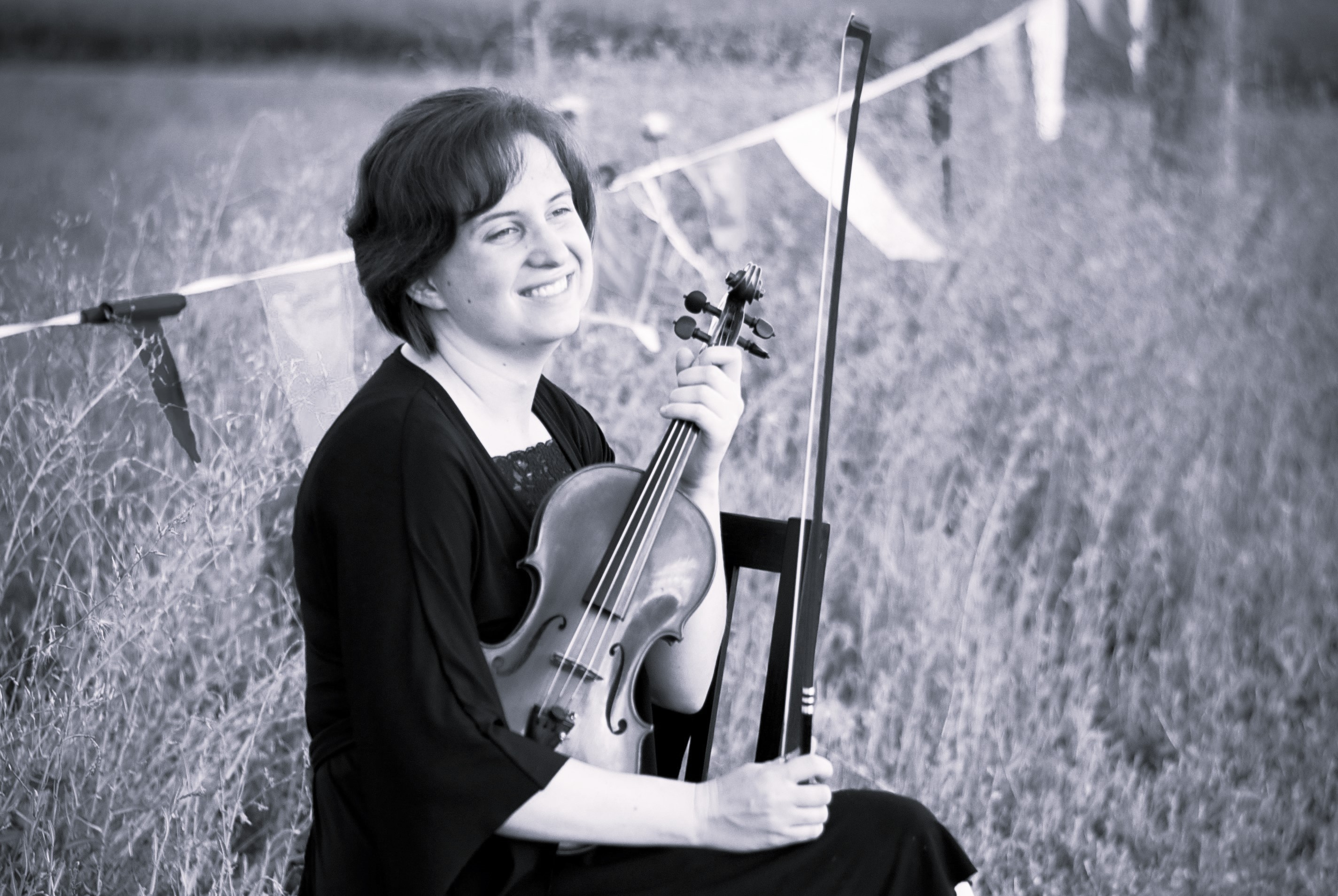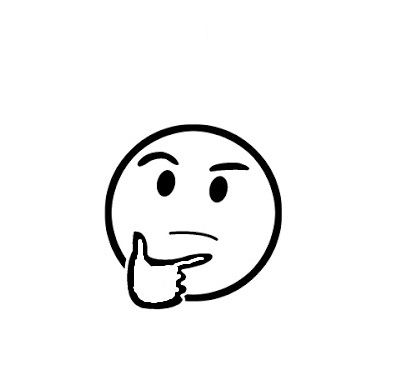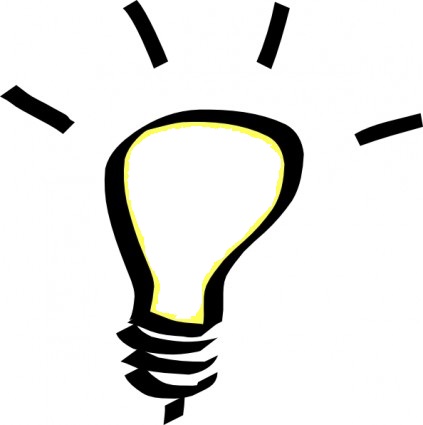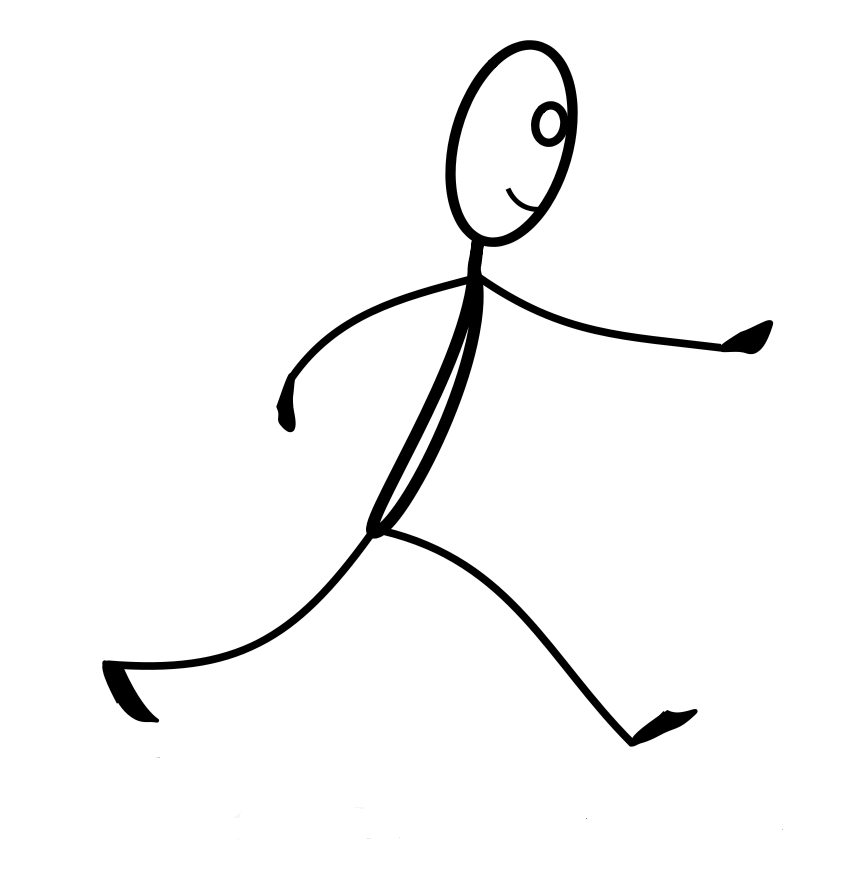Three factors went into me deciding to take lessons again. Each involves a story that occurred in the last few years. One story involves an influential friend. One involves an influential student. And one includes an influential demonstration of skill by my future teacher.
I have a friend who has done remarkable things with the violin. I've seen her progress so much with her skill over the years I've known her. She has ambition, patience, kindness, and a great work ethic"”the perfect combination for achieving great success. Her name is Kerstin. She always has profound advice. Once I was asking her about her recent album on Light that she produced and if she had any tips for achieving personal goals. I wanted to know how to follow in her footsteps, but with my own style. She said something simple but with quiet assurance; something along the lines of, "If you really want something, God's going to help make it happen." I left that conversation with more hope and conviction.
Second story: I love all my students. Every now and then, you get one who stands out as a true inspiration to you as a teacher! I was so impressed with my student Emily's preparation for lessons. She really took this part of her education seriously, and as a result, like my friend Kerstin, made leaps and bounds of progress. She took weekly hour-long private lessons from me, which meant a lot of time and material for a high school student, who was involved in many activities, to prepare on a regular basis. Yet, she always seemed to come to her lessons having practiced whatever I assigned.
I see myself in a lot of my students. But Emily had more wisdom than I did when I was young. I hate to admit that when I was particularly young, I often faked my way through my lessons, having the gift of being a good sight reader. I don't think it ever occurred to me, at least until I saw it personally, as a teacher of similar students, that my teachers were probably aware of this habit of mine.
Emily was not that type of student. In fact, I specifically remember the one day that she came to her lesson and admitted she hadn't practiced. She was legitimately concerned. As this was an unusual case for her, I was not concerned, and I immediately told her not to worry about it. But her genuine worry at her lack of preparation got the wheels spinning in my own mind. I suddenly remembered words of prophets, both in scripture and in modern times, which spoke of strengths turning into weaknesses if we're not careful; or the parable of the talents: to paraphrase, 'that which they had being taken away.' And to quote, ". . . weakness is not our only vulnerability. Satan can also attack us where we think we are strong"”in the very areas where we are proud of our strengths." (See Matthew 25, KJV, and Oaks, "Our Strengths Can Become Our Downfall.") I realized I had started taking my talents for granted.
Third story: I was playing in an orchestra where my now-teacher, Julliard-trained violist Joel Rosenberg, was the conductor. At one point in rehearsal, he grabbed the concertmaster's violin to demonstrate how he wanted a passage played. He only played a handful of notes, but immediately, my head came up from the back of the group. That was the tone and articulation I wanted in my own playing! I lived far away, but I approached him afterwards about the possibility of taking lessons. The COVID-19 pandemic struck in the months after we talked, interfering with the possibility of in-person lessons, but after the danger was past, a few years later, I again initiated the conversation. I was ready. I have been taking monthly lessons from him since that time: since the summer of 2022. (See Music Opens Doors post.)
For a long time, I thought, "I have my master's degree in music education. I don't need to take lessons anymore. What more can they possibly teach me?" But unbeknownst to myself, I was probably merely waiting for the right opportunity! I needed to find the right teacher in order to be inspired! Someone who was a more advanced musician than me.
Inspiration goes a long way. When you find someone who is both a good teacher and a good performer, that's golden. It's even better when they're a caring, conscientious individual, as I've discovered Joel to be. Seek and ye shall find, the scriptures say, for a reason! I have been awed by possibilities that have emerged in this chapter of my life. I'm grateful for people placed in my path who said or did something meaningful, for it effected great, long-lasting impact on my future!

Cami Shaskin
Violin Blog
About
Updates
Quick Access
Archive
2021
Jan
2022 16 - Welcome to My Blog
23 - Violin Teaching Kits
Feb 06 - Valuable Techniques
07 - From the Top
20 - Violin Jokes
Mar 06 - Singing in Orchestra
13 - Nurtured by Love
21 - Helpful Websites
27 - Unique Case Uses
Apr 10 - All About Tone
24 - Teaching Values
May 02 - Believing Teachers?
29 - Our Quartet
Jun 26 - Violin Bridge Tips
Jul 07 - Clever Violin Memes
20 - Horses and Lions
Aug 04 - Music During Covid
16 - Favorite Music
Sep 12 - Being There
Oct 16 - Sight Reading Tips
Nov 05 - Why It's the Frog
Dec 20 - Bach on the Brain
30 - Impact for Life
Jan
Jul
Aug
Oct
Nov
2023 23 - Tendonitis Helps
Feb 21 - An Old Performance
Mar 23 - Cars3 & Coaching
Apr 29 - Preferred Brands
May 27 - Love: A Calling
JunJul
Aug
08 - Music Opens Doors
SepOct
Nov
27 - Useful Analogies
Dec 28 - A Humorous Anecdote
Jan
Feb
May
Jun
Aug
Oct
Nov
2024Feb
15 - Our Commonality
Mar 10 - Extras
18 - Autopilot
AprMay
Jun
06 - Motivation
JulAug
26 - The Ink
SepOct
Nov
26 - Music Copyright
Dec Jan
Mar
Sep
2025 15 - Fame and Fortune
FebMar
14 - Intermission
Apr 18 - A Day in the Life
May 02 - Oops!
Jun 14 - A Science or an Art?
Jul 15 - A Difficult Post
AugSep
20 - Anxiety Interview
Oct 02 - Sounds of Italy
Nov No posts to display.
Dec No posts to display.
Jan
Feb
Aug
2026Feb
No posts to display.
Mar No posts to display.
Apr 17 - Bittersweet Moments
May No posts to display.
Jun No posts to display.
JulAug
No posts to display.
Sep No posts to display.
Oct 31 - My Video Series
Nov No posts to display.
Dec No posts to display.
Jan
07 - Food in Twinkle?
Feb No posts to display.
Mar No posts to display.
Apr No posts to display.
May No posts to display.
Jun No posts to display.
Jul No posts to display.
Aug No posts to display.
Sep No posts to display.
Oct No posts to display.
Nov No posts to display.
Dec No posts to display.
Posts
Starting Lessons Again
| Love it | Interesting | Inspiring | Want to share |
 |
 |
 |
 |
| 0 | 0 | 0 | 0 |
Like this post? Link back to it later by copying the URL below.
© 2021-2026 All Rights Reserved
This content has been proven to be completely dairy-free, gluten-free, sugar-free, and made from code not treated with rBST. No animals were harmed in the making of this blog. The views presented do not necessarily represent the views of Ms. Shaskin's neighbors, kin, the U.S. government, or a mysterious worldwide network of musicians. Any reproduction, retransmission or reposting of content without crediting the author (basically me) is prohibited. Free Wi-Fi not included. If this is a life-threatening emergency, close your browser and dial 911.



